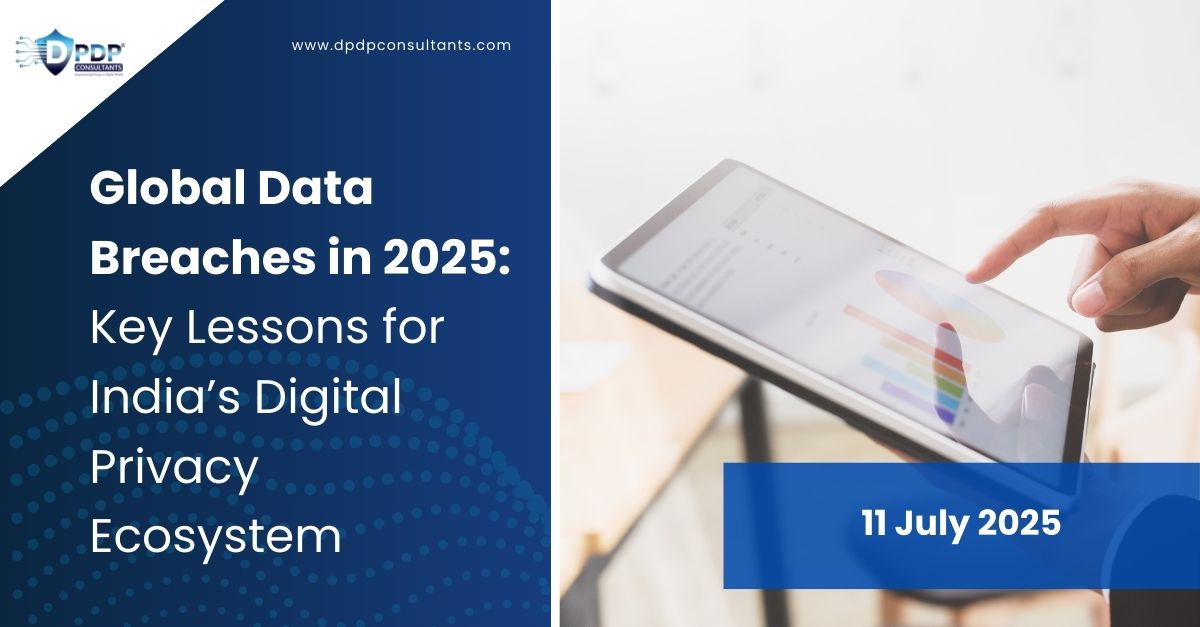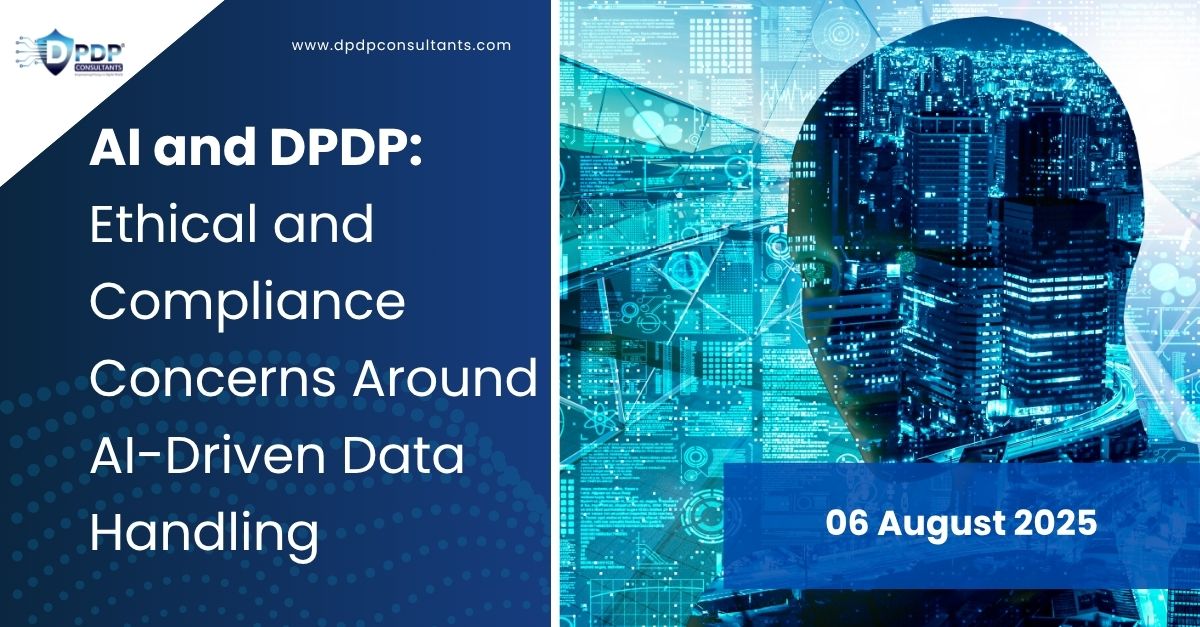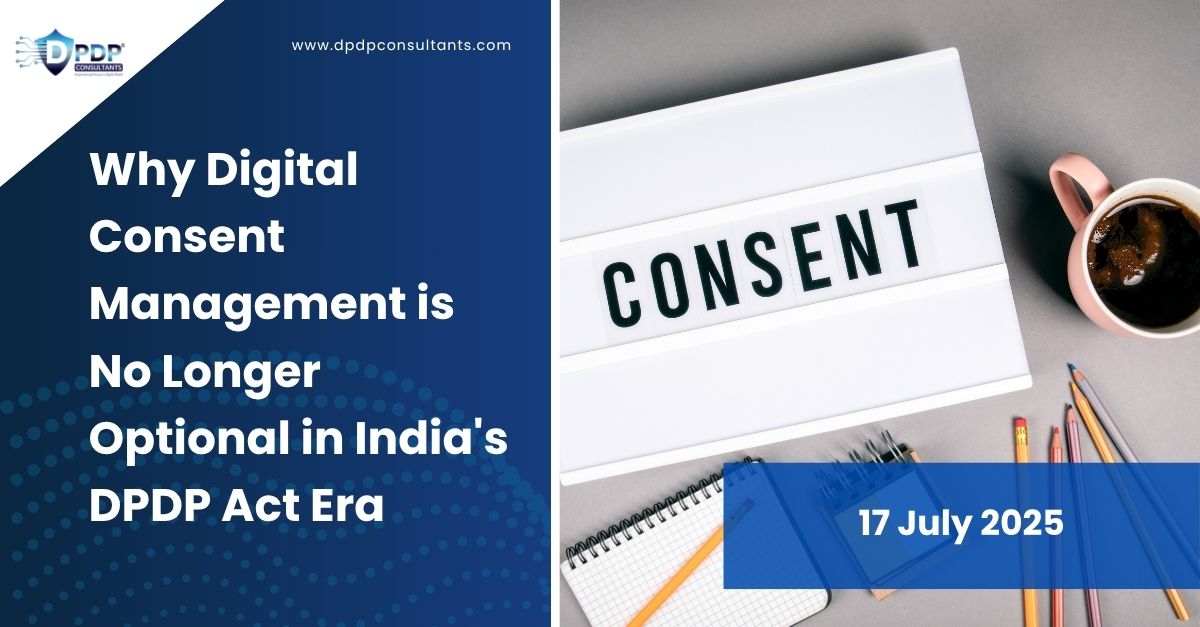The year 2025 has witnessed a significant surge in high-impact data
breaches across various sectors, from aviation and healthcare to financial
services and public institutions. Among these, the recent data breach at Qantas
Airways stands out as one of the most consequential, both in terms of its scale
and the nature of the compromised data. For India, currently in the
implementation phase of the Digital Personal Data Protection Act, 2023 (DPDPA),
such global incidents offer valuable insights and reinforce the urgent need to
operationalize privacy governance mechanisms with precision and foresight.
India’s Strategic Takeaways: Insights for a DPDPA-Aligned Ecosystem
As India continues to strengthen its digital regulatory
infrastructure through the DPDPA, the data breach incidents serve as cautionary
case studies. Below are five strategic areas where India can derive actionable
lessons:
1. Third-Party Risk Management
Key Insight: A significant number of
2025 breaches such as those involving Qantas, Adidas, and McLaren Health originated
from vulnerabilities in third-party relationships.
India's
Imperative:
- Mandate Data Processing Agreements
(DPAs) for all third-party engagements.
- Conduct periodic Third-Party Risk
Assessments to evaluate compliance and data handling practices.
- Include DPDPA obligations
contractually with processors and vendors to ensure accountability under
Indian law.
2. Purpose Limitation and Data Minimization
Key Insight: Organizations continue to retain large volumes of personal data
unnecessarily, significantly increasing breach impact when systems are
compromised.
India's
Imperative:
- Operationalize Section 4 of the
DPDPA, which emphasizes purpose limitation and consent-based processing.
- Enforce data minimization
principles and mandate automatic deletion of outdated or redundant data.
- Encourage privacy-by-design
frameworks during product and service development.
3. Breach Notification Protocols
Key Insight: Delayed or non-transparent disclosures, as seen in several 2025
breaches, erode public trust and impair mitigation.
India's
Imperative:
- Define explicit timelines for
breach reporting to the Data Protection Board of India.
- Standardize templates for
notifying both regulators and affected data principals in clear and
non-technical language.
- Encourage proactive disclosure
practices to ensure timely containment and legal compliance.
4. Access Control and Zero Trust Architecture
Key Insight: Many attacks were facilitated by compromised credentials and
insufficient access segmentation.
India's
Imperative:
- Promote adoption of Zero Trust
Architecture (ZTA) across both public and private infrastructure.
- Enforce role-based access
controls, multi-factor authentication, and session monitoring, especially
for high-privilege users.
- Audit IT infrastructure for
vulnerabilities and unauthorized access pathways on a regular basis.
5. Privacy Awareness and Organizational Culture
Key Insight: Lack of employee awareness and cybersecurity hygiene continues to
be a leading vulnerability.
India's
Imperative:
- Integrate data privacy training
programs across organizations, with a special focus on employees handling
personal data.
- Launch public campaigns promoting
privacy rights awareness and safe data practices for citizens.
- Encourage the inclusion of privacy
as a cultural pillar rather than a mere compliance requirement.
Conclusion
The global data breach underscores the fragile state of global data
ecosystems, particularly in sectors that process vast volumes of personal and
sensitive information. As India advances towards full enforcement of the
Digital Personal Data Protection Act, 2023, it is imperative to internalize
these global incidents as learning milestones.
By strengthening legal, operational, and cultural safeguards, India
has the opportunity not only to secure its digital economy but also to emerge
as a model jurisdiction for data protection in the Global South.





